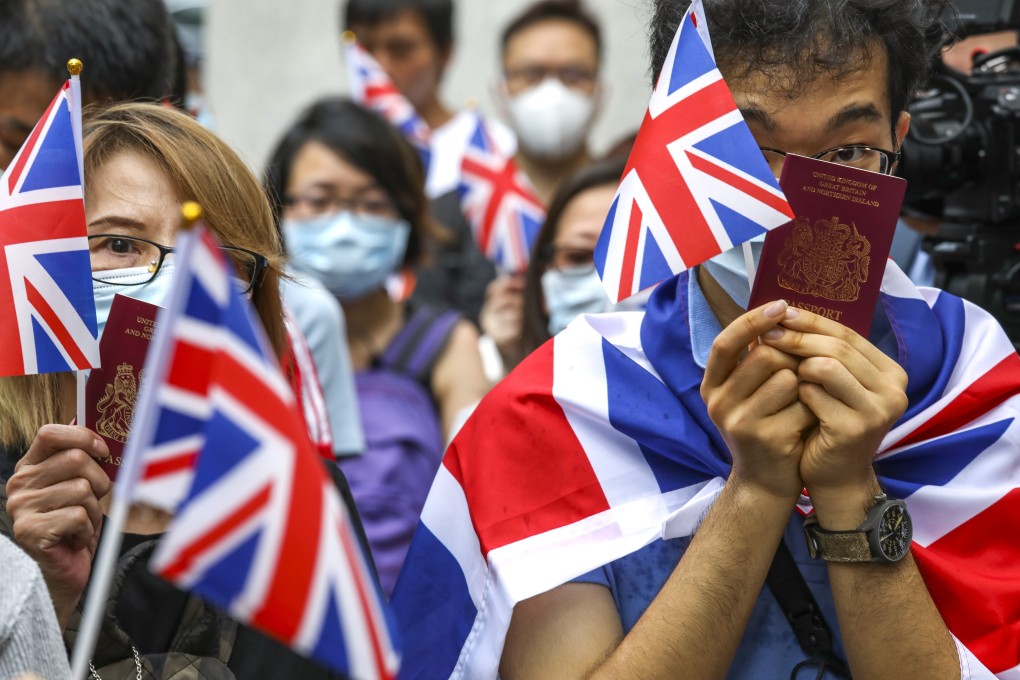National security law: Britain urged to go ‘one step further’ for Hong Kong’s BN(O) passport holders alarmed by Beijing legislation
- Democratic Party says improved immigration offer from British Home Secretary for more than 3 million Hongkongers does not go far enough
- Priti Patel proposes five-year route to citizenship for BN(O) holders if Beijing's national security law for Hong Kong is passed

Hong Kong’s Democratic Party has urged Britain to do more than its current assurances and provide the right of abode or full citizenship to British National (Overseas) passport holders who are alarmed by the new national security law that Beijing is preparing for the city.
Her suggestion goes further than Johnson’s promise earlier this month to extend visa rights and offer a “path to citizenship” for the more than 3 million people who have or are eligible for the passport, if China pursues the security legislation, but still falls short of the intervention sought by the Democratic Party.
The Home Office said on Wednesday that it would not comment on “leaked documents”. A spokesman said: “The home secretary has been very clear that the UK will continue to defend the rights and freedoms of the people of Hong Kong.
“We are working closely with the Foreign and Commonwealth Office on the offer to British Nationals (Overseas) and will set out more detail in due course.”
Beijing’s decision to introduce a national security law tailor-made for Hong Kong prompted Johnson on June 3 to announce that, should the legislation pass, the United Kingdom would change its immigration rules and offer those Hongkongers holding or eligible for the BN(O) passport the chance to stay in the European nation for 12 months.
Passport holders would also be given further immigration rights, including the right to work. The prime minister said this would put them on the path to citizenship, but did not give a time frame.